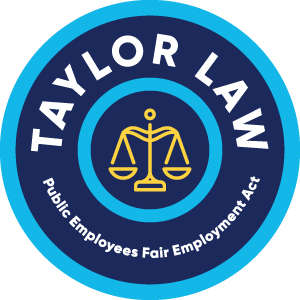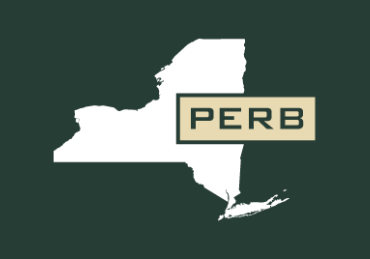 December 21, 2022 — Picket lines are popping up as both new and long-time unions fight stalled or soured contract negotiations by striking. When working conditions leave much to be desired, many union members may think it’s time to show they’re serious.
December 21, 2022 — Picket lines are popping up as both new and long-time unions fight stalled or soured contract negotiations by striking. When working conditions leave much to be desired, many union members may think it’s time to show they’re serious.
“Let’s all call in sick tomorrow.”
“We should all come in five minutes late.”
“Today I’m only going to do what’s in my job description, not the other things I normally do. You should, too.”
While these actions might seem innocuous, they can have serious repercussions if you are a member of a public-sector union like PEF.
New York public-sector unions are subject to the provisions of the Public Employees Fair Employment Act, more commonly known as the Taylor Law, which
-
- grants public employees the right to form, join and participate in any employee organizations of their own choosing;
- requires public employers to negotiate and enter into agreements with public employee organizations regarding their employees’ terms and conditions of employment;
-
- establishes impasse procedures to resolve collective bargaining disputes;
- defines and prohibits improper practices by both public employers and public employee organizations;
- prohibits strikes by public employees; and
- establishes a state agency to administer the Law — The Public Employment Relations Board (PERB).
The Taylor Law, enacted in 1967, followed in the wake of costly transit strikes in 1966, and was named for George W. Taylor, a professor of industrial research who advised five presidents and New York Gov. Nelson Rockefeller on labor relations before his death in 1972.
A case study
 A New York Supreme Court case this July involving the Buffalo Teachers Federation and PERB outlines just how easy it can be to unknowingly violate the provisions of the law.
A New York Supreme Court case this July involving the Buffalo Teachers Federation and PERB outlines just how easy it can be to unknowingly violate the provisions of the law.
Based on the facts adduced at hearing, a PERB administrative law judge (ALJ) found that, after a threat of violence at a Buffalo school and concerns management wasn’t taking it seriously enough, school staff held a meeting where someone said they would be calling in sick the next day and suggested everyone else should do the same.
The ALJ further found that there were subsequently 16 calls into the substitute service and those staff members did not report to work the next day.
“Once management concluded that a concerted job action had taken place, management was obligated to submit a report,” said PEF General Counsel Ed Greene at the September 2022 PEF Executive Board meeting. PERB ultimately “determined that certain employees engaged in strike action and the local union didn’t discourage the action.”
Under the Taylor Law, it is important to remember that unions are not only prohibited from engaging in strikes, but are also required to affirmatively discourage strikes among their members.
“The ALJ concluded that the local and a field representative were aware and failed to take sufficient steps to discourage the strike,” he said.
After the ALJ found that the staff participated in a strike action and the union failed to discourage it, the case was appealed to the Appellate Division of the Supreme Court, which confirmed PERB’s finding against the staff and the local.
Real repercussions
It is important to understand and remember that the consequences are significant for both the individual and the union. For unions, a decision against them can result in suspension of dues check-off, a significant injury to a union’s ability to collect dues. For members who are found to have engaged in an unlawful strike, they may be subject to a “two for one” penalty, which means they can be required to pay a penalty of two days wages for each day, or part of the day, in which they are found to have engaged in a strike.
Any collective action by members to modify the usual procedures of an employer can potentially be considered a strike and carry significant consequences.
Despite the repercussions of the law, public employees have illegally struck since its passage.
In 1968, the United Federation of Teachers struck New York City schools. Then President Albert Shanker and other union leaders were jailed for two weeks as a result. In the wake of a 2005 transit strike, the New York Supreme Court declared TWU Local 100 in violation of the law and issued a fine of $1 million per day.
There are a variety of lawful ways that members may express their displeasure with the terms and conditions of their employment, including picketing or engaging in other protected activity on their free time, such as lunch breaks.
For PEF members, to the extent that you, your co-workers, or your local leaders have questions about whether any proposed actions might be considered an unlawful strike, reach out to your field representatives for guidance. For union leaders, keep in mind that PEF is obligated to affirmatively discourage strike activity, so it is recommended that you immediately notify and confer with a field representative in your region if you should hear rumblings about potential unlawful job actions.

